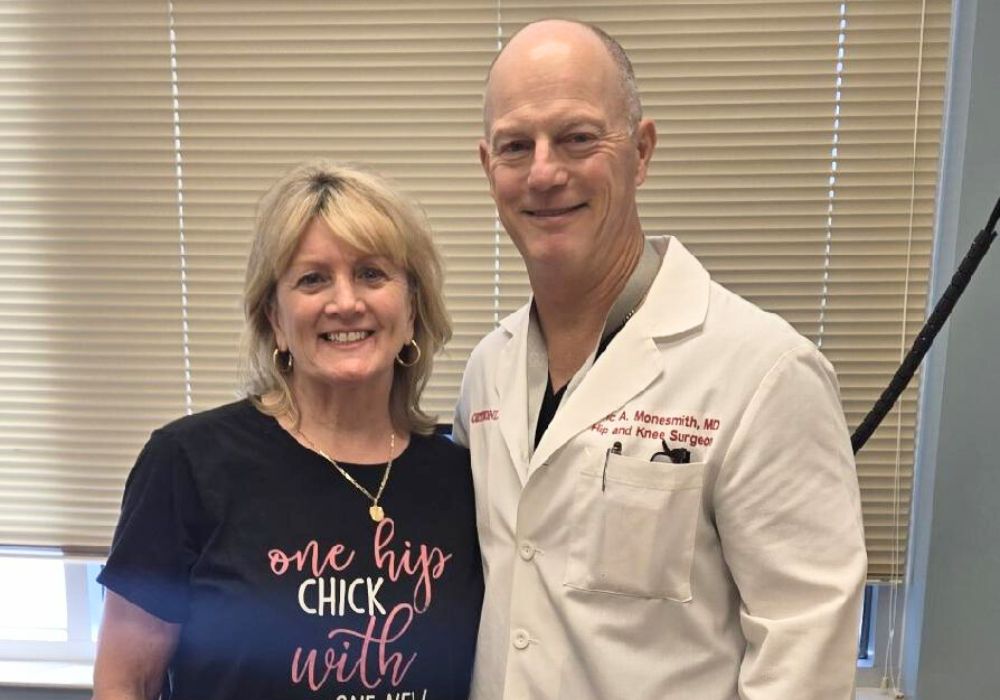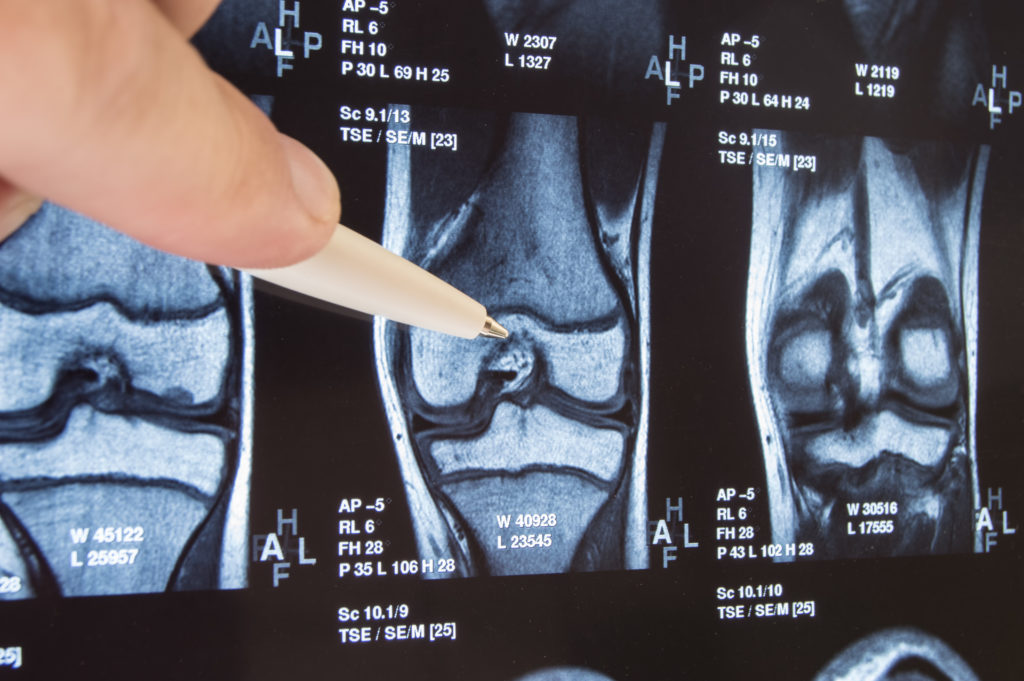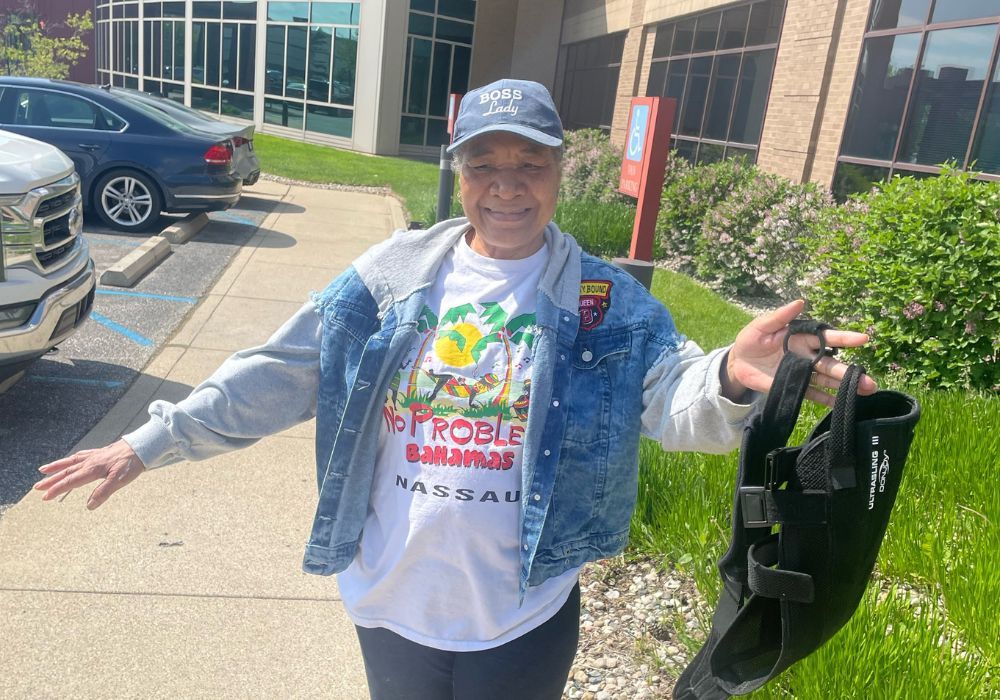Part of the Ultimate Guide to Total Joint Replacement
Most people experience aches and pain in their joints from time to time. However, it can be tricky to know when to see a doctor about joint pain. It can be even more difficult to get your loved one to see a physician for their worsening joint pain.
Here we explain when to see a joint pain specialist and how to help your loved one get back to living a pain free life.
Tell a loved one that joint pain isn’t normal
When should your loved one see a doctor about joint pain?
If your loved one experiences a traumatic injury or any of the following symptoms, they should seek medical attention immediately:
- Severe and sudden joint pain
- Joint deformity
- Swelling around their joints
Your loved one might also be experiencing chronic joint pain that has been lingering for years, but is progressively getting worse. If the pain is stopping them from doing normal daily activities, it is a good indication they should see a physician for professional care.

Common causes of joint pain
- Osteoarthritis (OA)
- Rheumatoid arthritis (RA)
- Traumatic injury
- Overuse injury
Common symptoms of joint pain
- Severe pain in joints while doing daily activities
- Swelling of the joint
- Tenderness in the joint
- Stiffness in the joint
- Joints that are red or warm to the touch
How to tell your loved one to see a doctor for joint pain
- Explain the benefits of seeing a physician for joint pain
- Tell them where they can see a physician near them
- Remind them of the daily activities they want to get back to and are missing out on
- Show them OrthoIndy patient stories so they will feel more comfortable about seeing a physician for their pain
Find an OrthoIndy location near you
How can I relieve joint pain?
If your loved one is experiencing joint pain, there are a number of different things they can do to help the pain.
- Use an electric blanket or heating pad at night to help loosen the joints
- Wrap a towel around an ice pack and place on the area in pain to help with swelling and inflammation
- Weight loss can help take pressure off your joints and decrease joint pain
- Take fish oil supplements, which contain omega-3 fatty acids, that help reduce pain and stiffness in the joint
- Add tumeric to your diet because it contains anti-inflammatory properties that can help reduce inflammation in joints
Find an OrthoIndy location near you
Schedule an appointment
Your well-being is important to us. Click the button below or call us to schedule an appointment with one of our orthopedic specialists. If your injury or condition is recent, you can walk right into one of our OrthoIndy Urgent Care locations for immediate care. For rehabilitation and physical therapy, no referral is needed to see one of our physical therapists.





